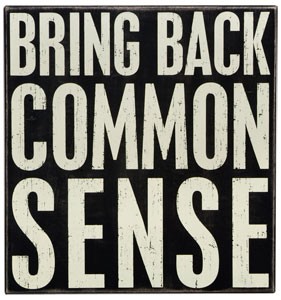Textbooks often promise to teach your students how to “think like a sociologist,” but what do they actually do? Most simply relay sociological theories and research findings to your students. That is, they tell your students what sociologists think, but not how sociologists think. But come to think of it, the very same thing could be said for how I often teach sociology and how it was taught to me.
Most of my undergraduate sociology education could be roughly described as my teacher saying to the class, “watch me as I sociologically analyze this aspect of society.” Then once the teacher reached their conclusion they would step back and say, “See? Did you see how I came to that conclusion?” If the whole class was still lost the professor would pick another similar topic and sociologically analyze it. And again s/he would ask, “do you get it now?” In the absence of direct instruction, sociological thinking is taught through repetition, trial and error, and inferred meaning[1].
“But there is no one way to think sociologically!” I imagine many of you are shouting in your mind. When discussing thinking like a sociologist with colleagues I am often told that there really isn’t a sociology to speak of, but rather many different sociologies tenuously connected under an umbrella term. This is a cop out. Especially for a discipline that prides itself in seeing commonalities within absurdly complex systems.


